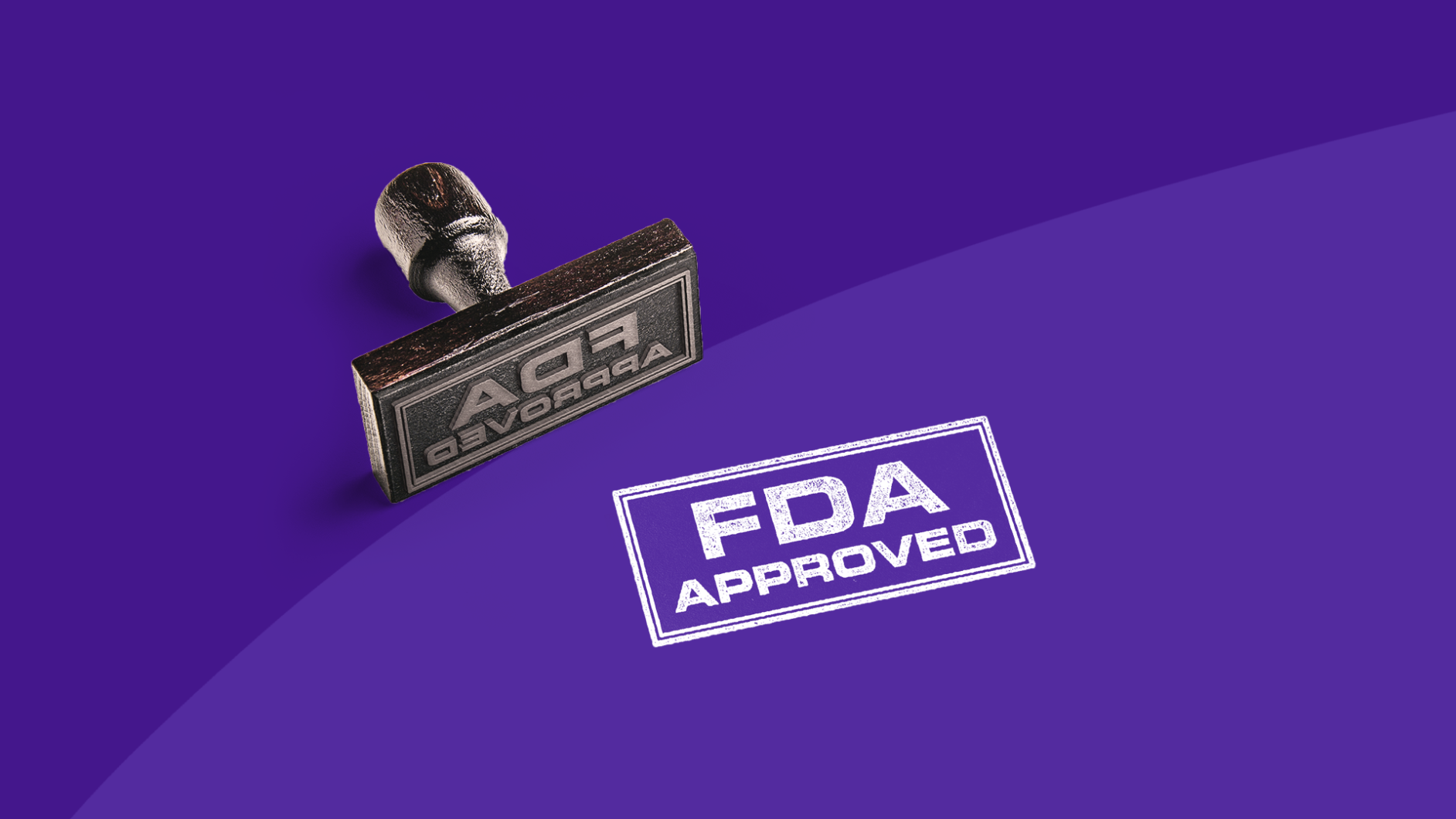The U.S. Food and Drug Administration (FDA) granted Perrigo and its partner Catalent Pharma Solutions approval for the first ProAir HFA generic (albuterol sulfate). The rescue inhaler can treat or prevent bronchospasm with reversible obstructive airway disease and exercise-induced bronchospasm in people aged 4 and older.
Teva, the manufacturer of ProAir, released an authorized generic of ProAir in January 2019. This new AB-rated generic version is the first copy of the original formulation, not produced by Teva. It should drive prices even lower. In other words, people with asthma will soon have a cheaper option to help them breathe more easily.
ProAir is the most popular rescue inhaler in the U.S. This generic albuterol sulfate inhalation aerosol product gives an additional choice to the 26 million people in the United States who have asthma, many of whom need to use both a long-term control medicine and a quick-acting medicine, like a rescue inhaler.
Like ProAir HFA, the generic version is a metered dose inhaler that can be used by people with asthma as a quick-acting medication. It’s a type of medicine called a bronchodilator. It provides quick-relief by relaxing muscles in the airways, opening them up for air to flow through. Within just a few minutes of using the inhaler, the medication alleviates symptoms like wheezing, chest tightness, and shortness of breath.
“The approval of a generic Proair HFA is a significant achievement!” says Shaili Gandhi, Pharm.D., vice president of formulary operations at SingleCare. “It is difficult for drug companies to get approval for drugs in complex delivery systems—this is the first generic metered dose inhaler approved in 20 years.”
According to FDA Commissioner Stephen M. Hahn, MD, there’s a reason for the delay. “Metered dose inhalers like these are known as complex generics, which are traditionally harder to copy because of their complex formulation or mode of delivery,” Hahn said in a statement announcing the FDA’s approval on Feb. 24.
The medicine will contain 200 metered inhalations. Dosage amounts may vary, based on the user’s needs. (The prescribing information for ProAir HFA recommends two inhalations every four to six hours or two inhalations 15-30 minutes before exercising.) Healthcare professionals suggest that people who need to use their rescue inhaler more than twice a week discuss their condition with their doctor, as they may need to adjust their long-term control medicines.
If you have asthma and use a rescue inhaler like ProAir HFA, this approval could mean more money in your pocket. “In the last year, Proair HFA sales were approximately $1.4 billion,” Dr. Gandhi says. “The generic release will help alleviate the cost burden so many users endure. The release of the generic will be limited at first, but the manufacturing company anticipates a steady supply by the end of the year.”
Perrigo and its partner Catalent confirmed in a statement released Feb. 25 that they plan to ramp up production to meet anticipated future demand after an initial limited commercial supply. Other brand name versions of this type of albuterol inhaler include Ventolin HFA, which is manufactured by GlaxoSmithKline, and Proventil HFA, which is manufactured by Merck Sharp & Dohme Corp.




